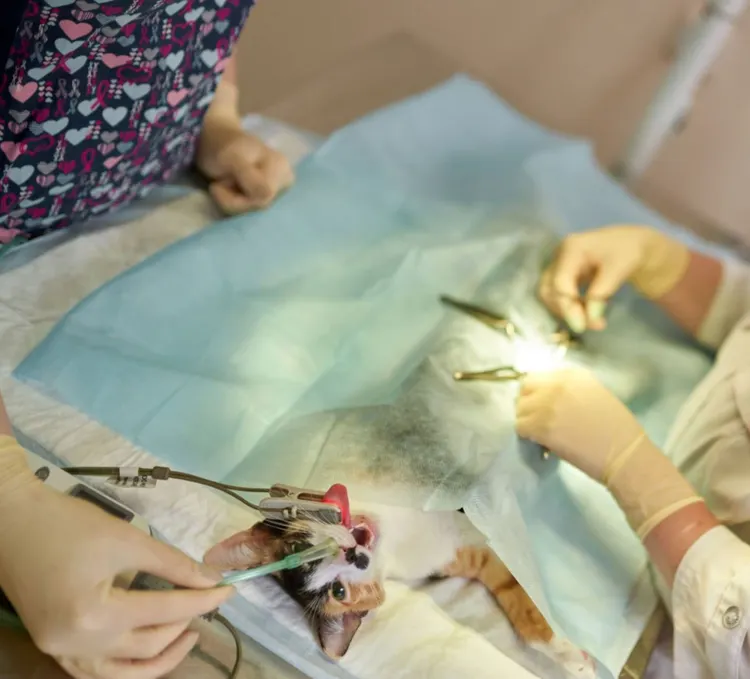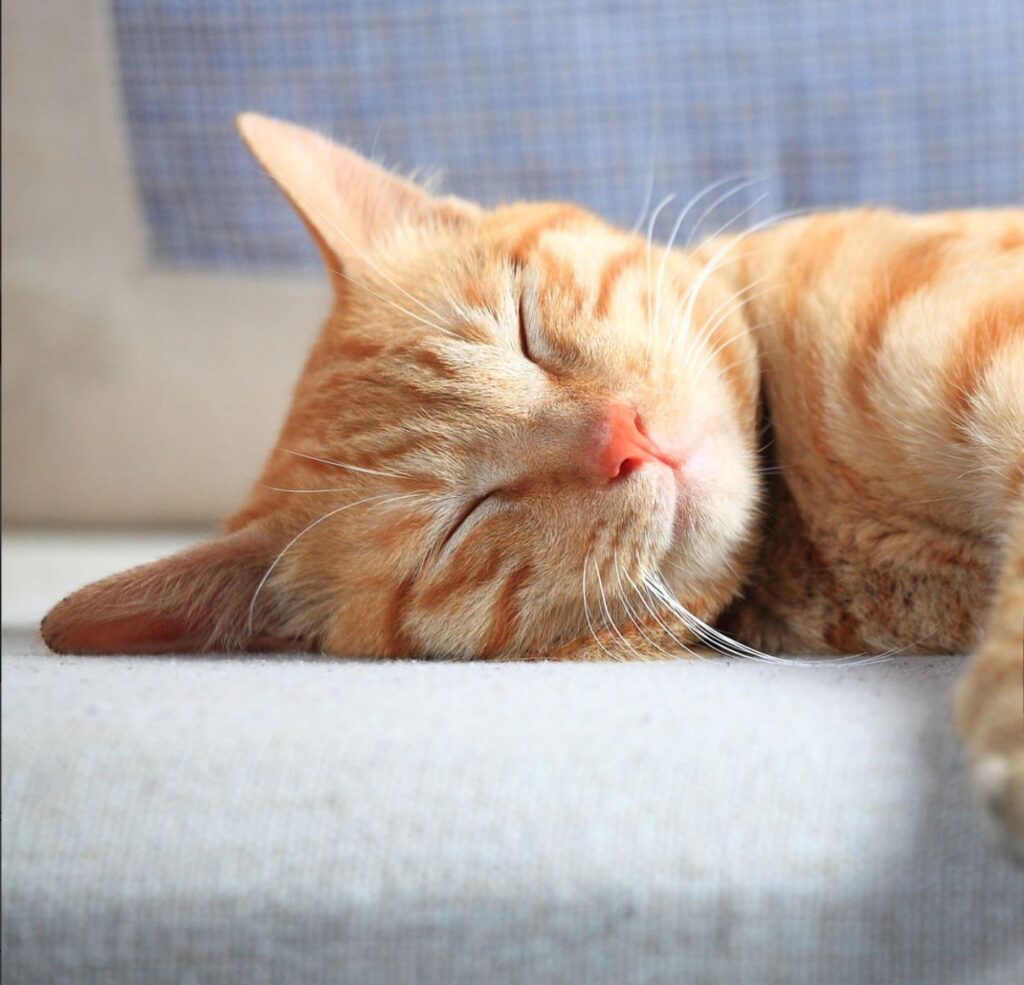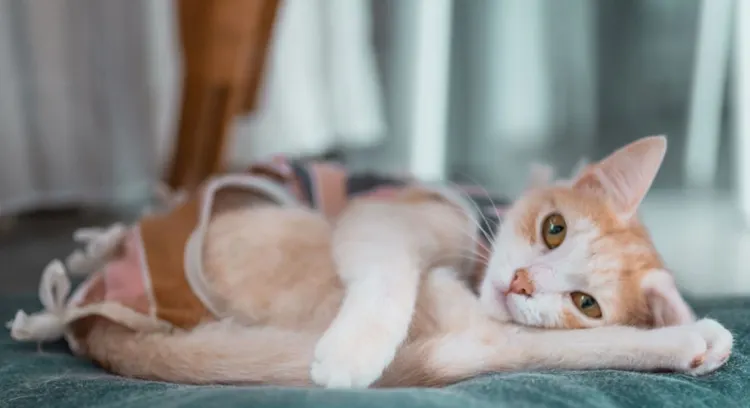Neutering your cat is a responsible choice with lasting health and behavioral benefits. With the right post-surgery care, you can ensure your furry friend’s healing journey is smooth and comfortable. Here’s a complete guide to supporting your cat through neuter recovery.
1. What to Expect After Neutering
Neutering, a low-risk surgical procedure that removes the testicles, typically results in a quick recovery for cats. After surgery, you may notice signs like:
- Grogginess: Your cat may seem drowsy or less active due to lingering effects of anesthesia.
- Mild Swelling or Tenderness: Minor swelling around the incision site is normal.
- Slight Discomfort: While most cats recover quickly, some may experience mild discomfort for a few days.
Neutering benefits a cat’s long-term health and behavior, helping to reduce aggressive tendencies and territorial marking.
2. Immediate Post-Surgery Care Tips
For the first 24 hours, your cat needs extra attention:
- Quiet Resting Area: Create a safe, quiet space away from other pets and noise to help your cat recover peacefully.
- Monitoring for Complications: Keep an eye on the incision site for any signs of bleeding, discharge, or excessive swelling, as these can indicate complications.
3. Managing Pain and Discomfort
To ensure a comfortable recovery, it’s essential to follow your veterinarian’s pain management instructions. Never give cats over-the-counter pain relievers, as some can be toxic. Vets typically prescribe a cat-safe pain reliever, which should be administered as directed.
4. Preventing Licking and Biting at the Incision Site
Cats often try to lick or bite at surgical sites, which can lead to infection or complications. To keep the area clean:
- Elizabethan Collar (E-Collar): Use a traditional e-collar or a more comfortable inflatable collar to prevent licking or scratching.
- Keep It Clean: Avoid touching the incision site, as it needs to stay dry and free of debris.
5. Feeding and Hydration During Recovery
Some cats experience a reduced appetite post-surgery due to anesthesia effects. Offer small, easily digestible meals and keep fresh water accessible. If your cat’s appetite doesn’t return within 24 hours, consult your veterinarian.

6. Activity Restrictions
Active play and high-energy activities should be limited during recovery. Here’s how to help your cat rest:
- Prevent Jumping and Running: Sudden movements can strain the incision, so try to keep your cat in a contained, low-activity space.
- Mental Stimulation: Use puzzle feeders or gentle petting sessions to keep your cat entertained without physical exertion.
7. When to Contact the Vet
Watch for these signs of infection or complications:
- Redness or Oozing: Any unusual discharge or redness around the incision may indicate infection.
- Fever and Lethargy: Persistent fever, unusual tiredness, or irritability should be reported.
- Vomiting or Lack of Appetite: If your cat is refusing food or water for over 24 hours, it’s best to consult the vet.
8. Long-Term Health Benefits of Neutering
Neutering offers many positive behavioral and health outcomes:
- Reduced Aggression and Territorial Marking: Neutered cats are generally less aggressive and more sociable.
- Lower Risk of Reproductive Issues: Neutering reduces the risk of reproductive-related health problems and unwanted behavior.

Supporting your cat’s recovery from neutering is manageable with a little planning and careful monitoring. By following these tips, you can help ensure your cat enjoys a smooth recovery and enjoys a happier, healthier life.



